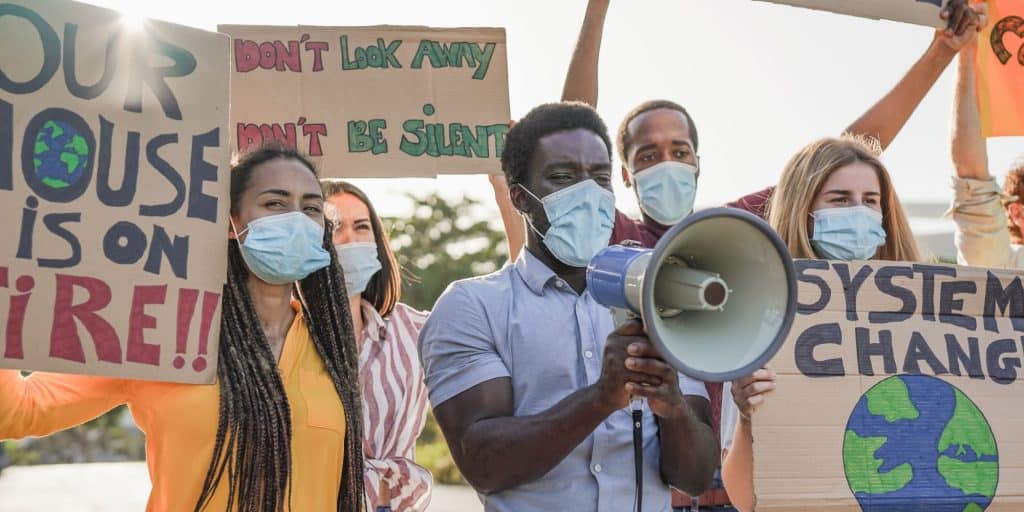Between 28 and 31 May 2023, three Congolese eco-guards died from gunshot wounds. Their convoy had been violently attacked a few days earlier by Mayi-Mayi, armed groups active in the east of the Democratic Republic of Congo (DRC). The attack on 18 May 2023 took place in Nyamusengera, near the village of Rwindi in Rutshuru territory. This attack is the latest in a long series.
Last year, the Virunga National Park Authority reported that more than 200 rangers had been killed since 1996. And in a recent report published on the night of 12-13 September 2023, Global Witness reports that between 2012 and 2022, at least 72 rangers were killed in the DRC, most of them in connection with land disputes or poaching, and often in nature reserves.
According to the study by these human rights non-governmental organisation (NGO), the DRC is the 8th country in the world with the most murders of environmental defenders. The Central African country is ranked alongside in front of other African countries, namely Madagascar, Malawi and South Africa.
In Africa, the figures given in the report are likely to be underestimated. “In Latin America, we have a strong civil society that provides information. We also have media that document things in a way that Africa doesn’t,” Laura Furones, the report’s main author, told AFP, before adding that it is “entirely possible that there are more cases that we never hear about”.
Read also-DRC: GWC and EU to invest €4m to preserve Virunga National Park
The report calls on governments and companies to provide better protection for people who are committed to environmental conservation. In the rest of the world, the situation is hardly glowing. At least 177 environmentalists were killed worldwide in 2022. Latin America remains the most affected region in the world, led by Colombia where, according to the report, an environmental activist is killed every two days.
Boris Ngounou
